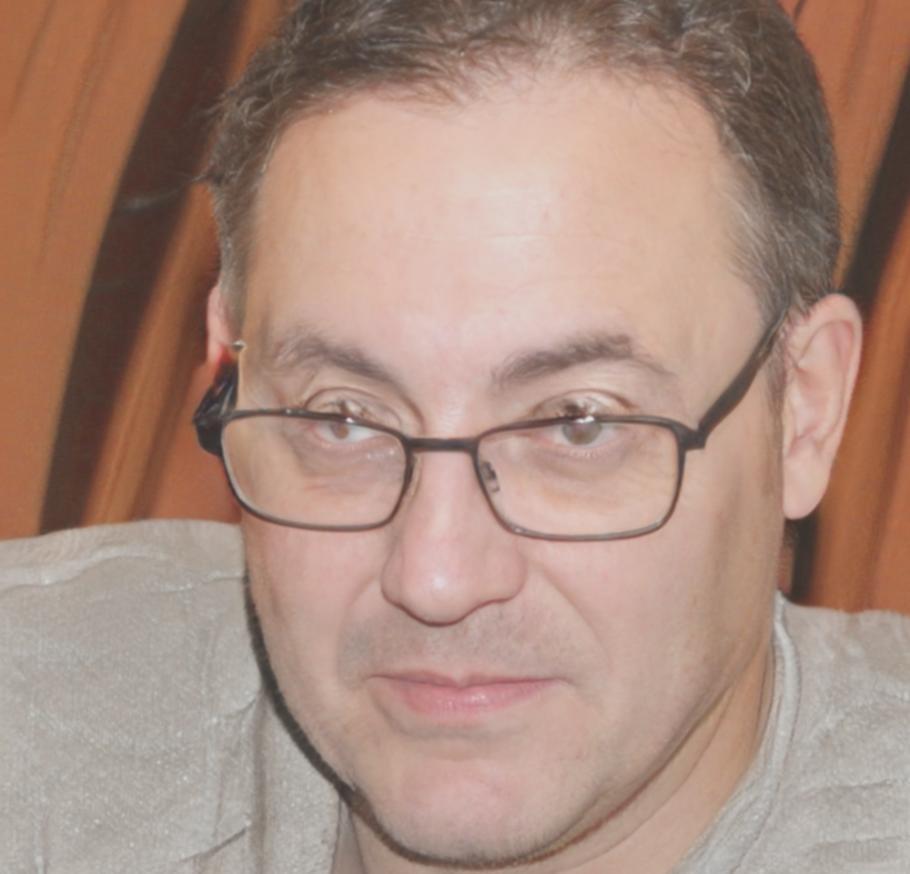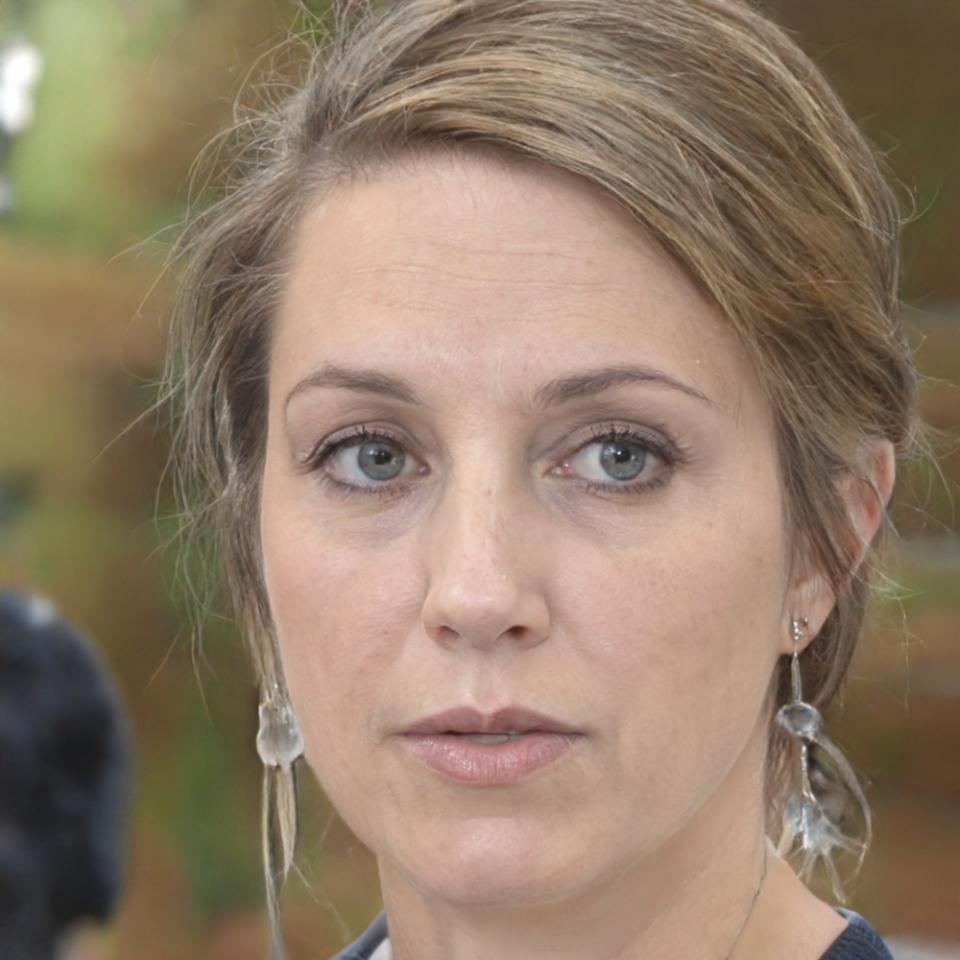Master Your Money on Autopilot
Build financial systems that work while you sleep—and actually understand what you're doing.
Most people think automation means just setting up a few bank transfers. That's a start, but there's so much more you can do when you understand how money moves through your life.
Our program walks you through building a complete financial operating system. You'll learn to automate bill payments, savings allocation, investment contributions, and spending controls—all while keeping full visibility and control. No magic tricks, just smart systems that reduce decision fatigue and keep you on track.
We cover everything from basic account structures to advanced rules engines. You'll work with real tools and build actual systems you can use immediately. By the end, you'll have automation handling routine tasks so you can focus on bigger financial decisions.
Your Learning Journey
The program runs for twelve weeks starting July 2026, with each phase building on what came before. We move from fundamentals to implementation to optimization.
Foundation Phase (Weeks 1-3)
Start by mapping your current financial landscape. We'll look at how money enters your life, where it goes, and what decisions you make repeatedly. Then we'll identify the best automation opportunities based on your specific situation.
You'll set up your core account architecture—the foundation everything else builds on. This isn't one-size-fits-all; we help you design a structure that matches how you actually live and earn.
Includes practical exercises with actual bank accounts and initial rule setup.
System Building (Weeks 4-7)
This is where things get interesting. You'll implement automated systems for bills, savings targets, investment schedules, and spending categories. Each system gets tested and refined until it works reliably.
We cover integration between different platforms—banks, investment accounts, budgeting apps, spreadsheets. You'll learn to make these tools work together instead of creating more complexity.
Hands-on labs with real financial tools and troubleshooting sessions.
Advanced Automation (Weeks 8-10)
Now we tackle irregular expenses, variable income, seasonal variations, and conditional transfers. These are the situations that break simple automation—but with the right approach, you can handle them systematically.
You'll build monitoring systems so you know when something needs attention. Good automation doesn't mean ignoring your finances; it means being alerted to what matters while routine tasks handle themselves.
Case studies from various income situations and expense patterns.
Optimization & Maintenance (Weeks 11-12)
Your financial life will change over time. We'll teach you how to adapt your systems as income shifts, expenses evolve, and goals develop. You'll learn maintenance routines that keep everything running smoothly with minimal effort.
Final project: you'll document your complete automation system and create a maintenance schedule. This becomes your reference for keeping things working long after the program ends.
Includes six-month adjustment strategy and common troubleshooting scenarios.
What You'll Actually Build
These aren't hypothetical examples. Every participant creates these systems using their real financial accounts and tools. By the end of the program, you have working automation—not just knowledge about it.

Core Automation Engine
Your central system that handles recurring transfers, bill payments, and allocation rules. It runs continuously in the background, moving money according to the logic you define.
- Automatic bill payment with tracking
- Percentage-based savings allocation
- Investment schedule management
- Spending category distribution
- Alert system for unusual patterns

Multi-Platform Integration
Most people use several financial tools. We'll connect them so data flows automatically between platforms. No more manual updates or reconciliation headaches.
- Bank to investment account transfers
- Budget app synchronization
- Spreadsheet data feeds
- Transaction categorization rules
- Consolidated reporting dashboard

Dalibor Veselý
Systems DesignSpent fifteen years building financial workflows for businesses before switching to education. Believes automation should simplify life, not complicate it.

Eliška Novotná
Financial PlanningFormer banking analyst who now teaches people to take control of their finances. Focuses on practical implementation over theoretical concepts.
Learn from People Who Actually Do This
Our instructors don't just teach automation—they use these exact systems in their own financial lives. Every technique in the program has been tested and refined through real-world use.
We keep group sizes small (maximum 18 participants) so everyone gets direct feedback on their specific situation. This isn't a lecture series; it's hands-on work with experienced guidance.
Weekly live sessions run Tuesdays and Thursdays, 18:00-20:00 CET. Can't make it live? All sessions are recorded and you get access to instructor feedback through the learning platform throughout the week.
Ready to Automate Your Finances?
The next program begins July 8, 2026. We're accepting applications now and spots fill quickly due to our small group size. Application review takes about a week.
12 Weeks
Complete program with live sessions, practical labs, and ongoing support
Real Tools
Work with actual financial platforms and build functional automation
Small Groups
Maximum 18 participants for personalized attention and specific feedback
Prerequisites: You should have at least one bank account and basic familiarity with online banking. No programming knowledge needed—we handle the technical complexity so you can focus on financial strategy.
Request Program Information